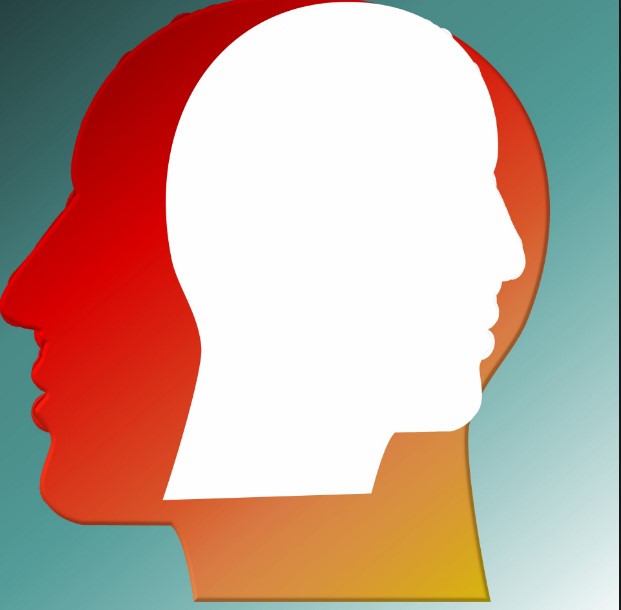Benefits and Drawbacks of Psychotherapy
Table of Contents
For most people, psychotherapy is simply a form of counseling. But in reality, the term refers to different kinds of talk therapies with a goal of treating personality, psychiatric, behavioral, and emotional disorders.
This requires a commitment to several appointments with the licensed mental healthcare expert to enable a relationship to form between the patient and the therapist.
The focus of this relationship is to help the person avoid or cope with factors that contribute to the specific condition. The overall goals include self-understanding and personal development. Similar to other forms of medical treatments, it has its own set of benefits and drawbacks.

Psychotherapy is often used for the treatment of people suffering from depression. This has been proven to be effective in treating moderate and mold forms and can also be done in conjunction with drug therapy to address all levels of depression.
The Benefits
The primary benefit over medication-based treatment is the fact that psychotherapy has lesser psychological side effects. This is a critical consideration for the older adults who often take several types of medication. Aside from that, this also offers the possibility of a more effective treatment for people who did not respond to any medication in the past.
The Drawbacks
The downside of this process is that this often takes much longer compared to drug therapy to produce results that can be noticed by the person who receives the treatment. It can take 6 to 8 weeks or even longer for benefits to be observed as compared to 4 to 6 weeks when it comes to using medications.
The process in itself is also not effective for those who have bipolar disorder or severe depression.

Putting Your Trust on the Therapist
Depending on how severe the depression is as well as other factors that the individual has, the therapist chooses a combination of techniques from several psychotherapeutic approaches. No matter what the specific approach is, the critical foundation of psychotherapy is the formation of a relationship with trust on the therapist. It gives the patient the chance to share problems, life experiences, and confidences. If the treatment alone doesn’t lead to improvements after 6 weeks, or if the person only has a weak or partial response on the 12 week, medication must be strongly considered.
Bipolar Disorder and Psychotherapy
Even though people who have bipolar disorder need to be on medication, this treatment approach will also benefit them.
Environmental factors like stress may become a trigger of episodes of depression or mania and counseling will be able to help the person determine and deal with the triggers. This also helps the person to gain insight to the condition, tackle the dysfunctional thinking usually associated to bipolar disorder as well as improve the ability of handling family, financial, and work issues. In addition, counseling involving the family of the patient will help in educating the relatives regarding the disorder.
Sadly, a person in acute manic state may not benefit from or attend psychotherapy. People with severe depression or mania who don’t respond to it or drug treatments may need to undergo electroconvulsive therapy.
